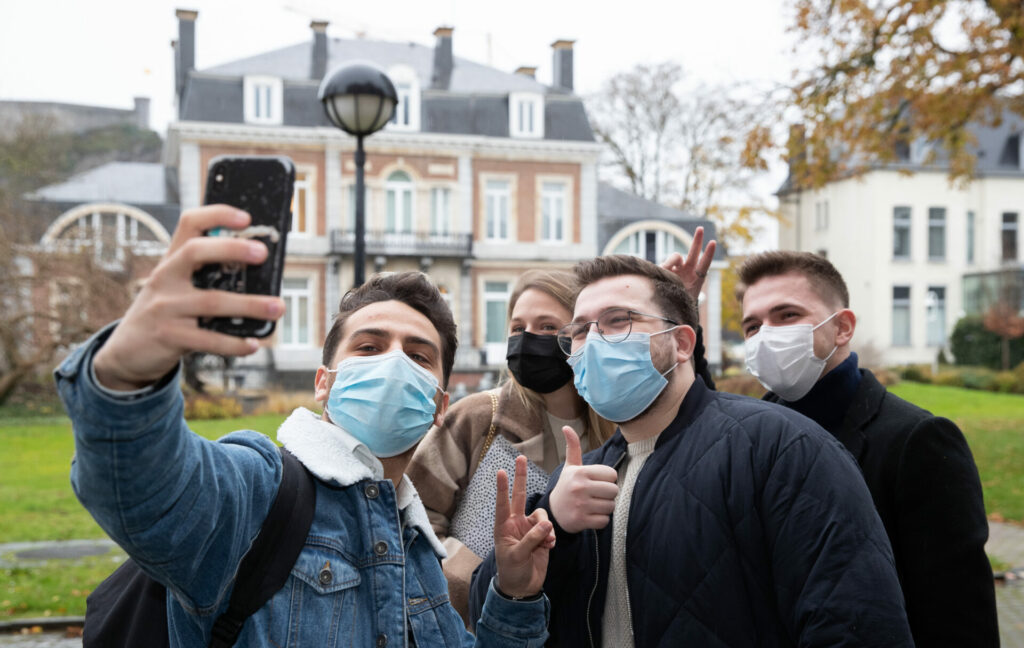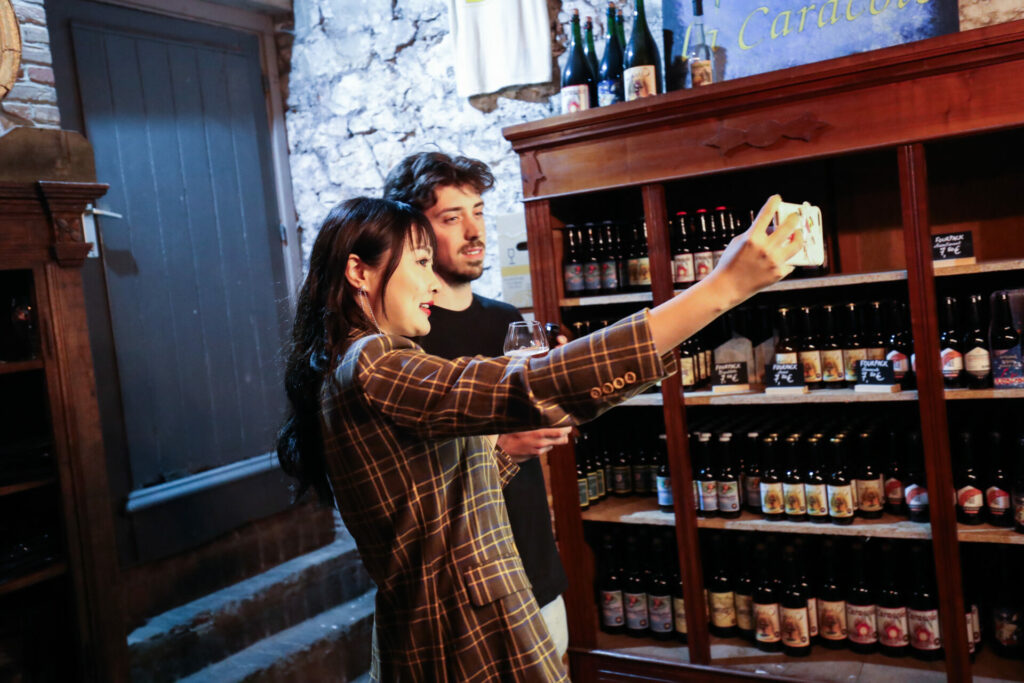Bureau Vallée, Maped, Carrefour Belgium, Lilliputiens... Many brands are collaborating with young influencers or Instagrammer parents to get you to buy school supplies in what many observers are saying is a new trend in disguised advertising.
You may not have noticed it yet, but you are being inundated with disguised ads as the new school year starts and continues.
While many schools are already back, there is still a rush and need in some cases to buy school supplies and some brands are squeezing the very last possibilities out of this time of year by utilising the reach of young influencers or their parents.
Since July, hundreds of videos with themes such as "Back to School, hunt for school supplies" have been shared on YouTube. The Maped brands and the Bureau Vallée brand have collaborated with schoolchildren in these videos to promote their products.
The principle is simple: children film themselves in stores choosing their school supplies. The video is then posted on their YouTube channel. In return for product placement, schoolchildren are offered stationery.
Micro-influencers are cheaper
In the same way, Carrefour Belgium and the children's toy brand, Lilliputiens, use Instagram parents, usually micro-influencers. On their account, parents post content featuring their children with school supplies. These collaborations are overseen by influencer marketing agencies.
"We made contracts with influencers to highlight the new products that Lilliputiens proposed for the start of the school year, in this case school bags,” says Julien Latinis, head of operations at the Efluenz, a Belgian digital creative agency that connects influencers and companies. “So, we chose influencers who have children, and they were able to promote this new material on their social networks."
Using micro-influence is much cheaper than traditional advertising channels for a brand. In addition, brands benefit from good visibility thanks to the number of subscribers of Youtubers and Instagrammers.

Influencers pose in front of Elysette ahead of a meeting of Walloon Minister-President Di Rupo with Walloon influencers in Namur, Friday 11 December 2020. Credit: Belga / Benoit Doppagne
However, it is not always easy for the consumer, let alone the young audience, to realise that the content creator is being employed or paid in some way by a large brand. However, "in Belgium, recently, these are rules that have been made stricter. We must warn the consumer. They must be really aware that this is an advertisement," says legal expert Yasmine Lamisse.
Indeed, since April 25, 2022, new stricter rules have been in force in Belgium. The Federal Economy Service now asks content creators to "preferably tag the publication with an explicit word like "advertisement", "advertising", "announcement"." In addition, they must mention or tag the trademark and use, "when available, the labels offered by the platforms themselves" such as "paid partnership" on Instagram or "advertising content" on YouTube.
The image of children is regularly used on social networks for commercial purposes. To this is added an increase in the number of children youtubers in recent years. In France, since 2020, a law regulates the work of child influencers on online platforms such as YouTube, Instagram, and Tiktok. Before shooting videos of their children, parents must now apply for permission or approval.
Legal vacuum for child influencers
"On the other hand, in Belgium, there is really a legal vacuum concerning young influencers, minor influencers," says Yasmine Lamisse. “Indeed, there is still no law that specifically regulates the work of child influencers in our country.”
Related News
- Global internet habits: Phone usage and social media still most popular
- Five Belgian companies included in top 100 European employers
- Digital divide: Half of Belgians lack essential online skills
Working as an intermediary between brands and influencers, Efluenz has contracts with the parents of children for its advertising campaigns, not the children themselves.
Julien Latinis explains: "We have no contract with the child directly. It's really with the parent, the influencer. The law has become stricter in relation to the content of influencers, working hours and especially for children. So that's up to the parents to respect these schedules, and not to make the children work but just enjoy the benefits and share their image in their content."
“However, we still need to make sure that children are consenting and above all aware of what they are doing.”

